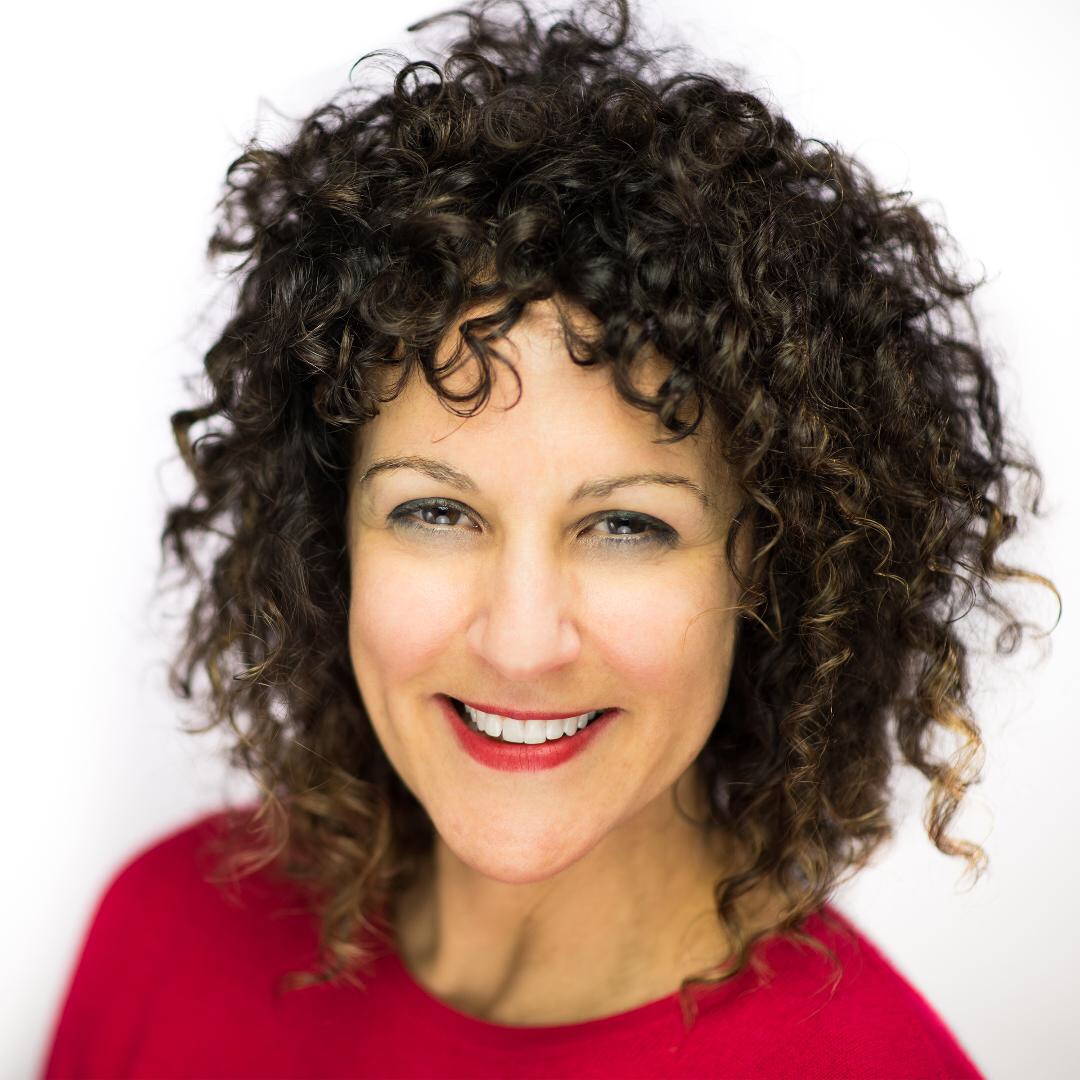When I was in my early thirties, I briefly dated a man I’d met while hunting for a spot in the long-term parking lot of Newark Airport. Not a place where romance is typically born, but one must keep their eyes open to possibilities wherever they can be found.
A few months later, we were chatting on the phone during the workday, and he interrupted the story I was telling and said, “You’re loud!” His comment stopped me short. I felt reprimanded, and I shut down.
I was walking to the subway with a colleague later that evening, and I recounted the incident to him complete with the indignation I’d felt. I had some relief after venting, so we boarded the E Train and turned our attention to other matters. Our conversation rolled forward with the energy of the subway car, powering through the dark underground tunnel around us.
As we pulled into the first stop, a woman standing at the pole in front of us looked at me and said, “GIRRLLL! You are LOUD!” as she disembarked from the train. I called after her in exasperation, “That’s the SECOND time I’ve heard that today.”
It didn’t feel any kinder coming from her than it did from the man I was dating. They both said I was loud, and I knew they meant “too loud.”
The Myth of TOO
I talk to my coaching clients about the idea of TOO. People around us happily define what is the right amount, and what is TOO much, but what does that mean? And what qualifies them to make those determinations?
There is such a thing as too much salt in a cake recipe. One strand of hair in your scrambled eggs is one too many, but for most of the ways we are being measured, I argue there’s no such thing as TOO: too emotional, too sensitive, too stoic, too quiet, too loud, too short, too tall.
Wouldn’t it be great if we could believe we are just right as we are?
Me Against TOO
While I evangelize that notion with clients, I admittedly have my own struggles with it, and not only regarding the volume of my voice. The “too much” of me sometimes creeps up when I think about my work.
I came to my current career with a deep desire to help others get where they want to be. Clients partner with me because they haven’t been able to do it on their own. I’ve always taken my responsibilities to heart and that’s only magnified when someone believes in me enough to hire me.
Part of what I see as my responsibility is finding and speaking the truth. Without some help, it can be hard for people to see what’s getting in their way. As humans, we tend to point to external factors as obstacles. We are completely blind to unconscious, internal dynamics that took root early in our lives and can remain intractable without targeted intervention.
I recognize how challenging it is to learn new things about ourselves. It’s disorienting to discover we aren’t exactly who we thought we were which is why I’m sensitive about the language I use. I normalize that many of our patterns are invisible to us because they form before we have the language and cognition to understand their origins. Yet, despite my good intentions and my caution, there are times when I feel clients experience me and our work together as “too much.”
How True is My TOO?
What makes me say this? It’s an assumption that comes up when clients miss scheduled sessions or discontinue our engagement. Or, when prospects who have a compelling experience in our complimentary coaching session stop responding to my follow up attempts. (Check out this related blog post: “Have You Ghosted on Your Hopes and Dreams?”)
I warn my clients about assumptions like this. I also warn them about internalizing others’ actions. Many times, the way a person interacts with us has more to do with what’s going on with them than what they think of us.
The Gift of My TOO
When I’m feeling more open, I understand that and acknowledge the many clients who thank me for challenging them. I bear witness as people relinquish patterns that no longer serve them knowing I played a role in the outcome. But I’d be lying if I didn’t admit that I sometimes get caught in the trap of wondering: Am I too much? Do I hold people too accountable? Do I challenge them more than they want to be challenged? Was I too honest?
I was in that place recently when I came across an article written by Gabor Maté, MD, a trauma and addiction specialist. I took comfort in this sentence: “It is not compassionate to shield people from pain that’s already in them.”
I want to be a person that enables others to face the truth and their pain, so they can move towards their goals. They say, “The only way out is through.” Not everyone is ready to go through, and that’s okay. Maybe some clients will think I’m “too much,” but it’s my challenge to lean into that versus shrinking away from it. By being “too much” of me, I can bring out the “just right” in the people who are especially suited to thrive in partnership with me. Those are the people I’m not willing to let down.
As for the two people who scolded me in one day for being “too loud,” well, I have them to thank. I shared that story with many friends beyond the colleague who rode the subway home with me that day. It brought them so much joy and has fueled countless laughs. Nearly twenty years later, when I see some of them, they greet me by saying, “GIRRLLL! You are LOUD!” and then wrap me in a big hug.
What is Your TOO?
How about you? In what ways do you think you are TOO much? Who are the people–even the well-intentioned–who put that idea in your head? How can you trade your perception of “too much” for “just right?”
Who knows what you may accomplish if you do.


